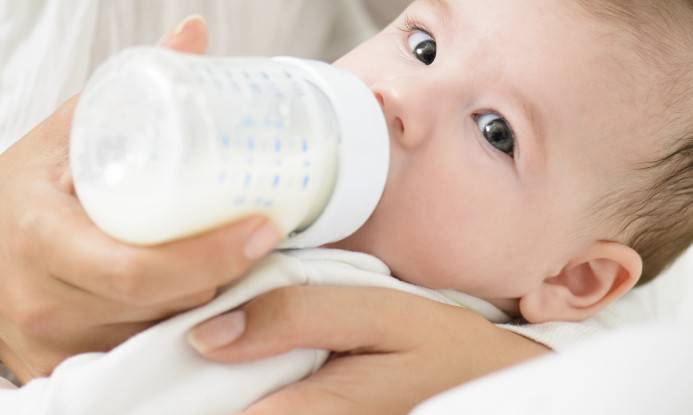In the first study of its kind, environmental health scientist Laura Vandenberg and neuroscientist Mary Catanese at the University of Massachusetts Amherst examined the effects of the compound bisphenol S (BPS) on maternal behavior and related brain regions in mice. They found subtle but striking behavior changes in nesting mothers exposed during pregnancy and lactation and in their daughters exposed in utero.
BPS, found in baby bottles, personal care products and thermal receipts, is a replacement chemical for BPA and was introduced when concern was raised about possible health effects of that plastic compound. Though studies have found human BPS exposure is likely low, it is widespread and has increased over the past 10 years, the authors note. As with BPA, there is evidence that BPS is an endocrine disruptor.
Researchers reported that BPS affects maternal behavior as well as maternally relevant neural correlates.Their results suggest that maternal care of pups, including mothers' ability to adjust to the needs of their young during early development, was impaired after BPS exposure with differing effects based on dose, postpartum period and generational timing of exposure.
They note effects including "a surprising increased incidence of infanticide" in one treated group and poor maternal care, for example. Details appear in the current issue of Endocrinology.
For this work, the researchers divided pregnant mice into three treatment groups and administered no BPS or one of two low doses of BPS throughout pregnancy and lactation. The researchers then monitored nest-building, pup care and other maternal behaviors during the nursing period. Further, two female offspring from each of these litters were mated with unexposed male mice and tested for maternal behavior using the same assays used to test their mothers.
Trained observers recorded each mother's position on or off the nest, self grooming, eating, drinking, sleeping/resting, nest repair and pup grooming at three separate time points after pups were born. Animals were also evaluated on time to retrieve pups that were moved out of the nest, another measure of maternal care.
Further, the researchers examined effects of BPS exposure in a brain region sensitive to estrogen or estrogen-mimicking chemicals that is also believed to be important in maternal behavior in mice.
